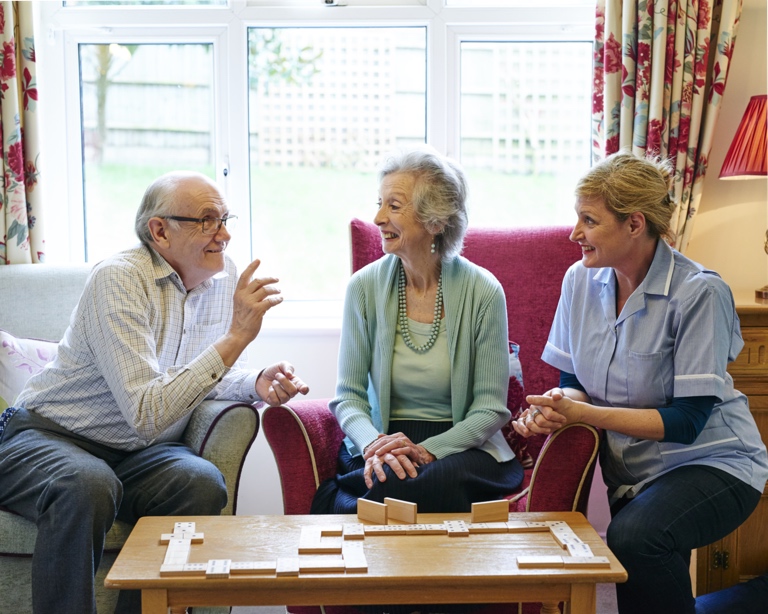Perhaps you have lost a lifelong friend or spouse, which can result in feelings of loneliness and isolation associated with bereavement. Many of us have family members who live far away, making it hard to see them often.
We may find it difficult to leave the house alone due to health issues, mobility issues, or frailty, enhancing feelings of loneliness and loss of autonomy. Loneliness in old age has been shown to negatively affect our general health, happiness, and quality of life.




